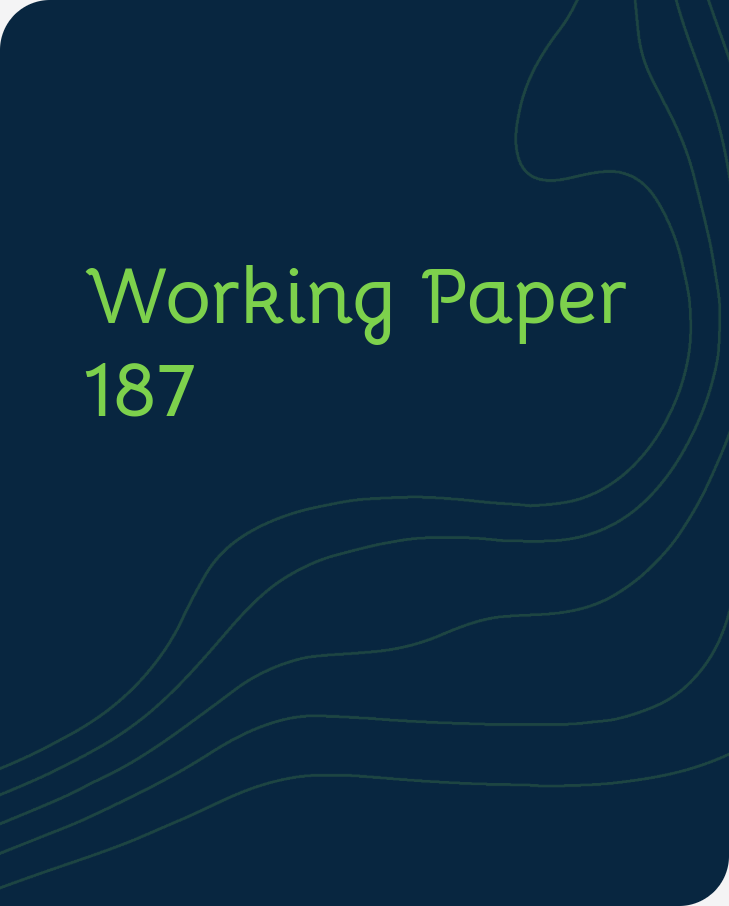Publication
Transition Report
Reform progress and transition indicators
Who we are
Overview: about the EBRDWho we are
Overview: about the EBRD
Learn about the EBRD's journey to investing more than €220 billion in over 7,800 projects.
What we do
Overview: how the EBRD operatesWhat we do
Overview: how the EBRD operates
Across three continents, the EBRD supports the transition to successful market economies.
Work with us
Overview: how you can work with the EBRDWork with us
Overview: how you can work with the EBRD
We draw on three decades of regional knowledge and financial expertise to tailor our products and approaches to each client's needs.
May, 2016

This paper looks at the links between inequality of opportunity and views about the underlying processes that support economic success or failure. Unlike income inequality, inequality of opportunity isolates the extent to which inequality in circumstances beyond an individual's control influences inequality of outcomes. Disparity in outcomes due to exogenous circumstances may be bad for growth because when socio-economic background determines economic outcomes, rather than hard work and creativity, there is less reason to invest in human capital or innovation. Inequality of opportunity may also contribute to civil unrest, thus reducing sustainability of any growth.
One channel through which inequality of opportunity can influence individual under-investment and discontent is through perceptions and beliefs. If people do not believe they can get rewarded for hard work and ability, there may be little incentive for people to ``buy into the system'', for example by building their skills or building a business. Blaming failure on an unfair system can lead to dramatically different choices than if one believes effort is largely rewarded.
The working paper shows that while inequality of opportunity is strongly correlated with beliefs about failure, it is not correlated with perceptions about success. These results suggest that while people take credit for their own success, they acknowledge when economic failure may be due to unfair processes. This has implications for how we think about the channels through which inequality of opportunity may impact individual behaviour and, in turn, growth.
For media enquiries related to this working paper, please contact Ksenia Yakustidi, Media Adviser at the EBRD’s Office of the Chief Economist
YakustiK@ebrd.com
All Working Papers
The Working Paper series seeks to stimulate debate on transition in the EBRD regions.
